5315014916867
Price Quote Get an up to date pricing and availability quote for this product. Order online or over the phone.
Quality Commitment
Serving our customers with quality and safety first.
- AS9120 Certified
- Audited supply chain
- ITAR Registered
- DDTC Registered
- HAZMAT Certified
- Customer service objectives
- Every product 100% inspected

5315-01-491-6867 Specification Set by the OEM (see RNCC code 3)
pan no. 2 (R1 not required in item description)
0.122in. and 0.124in.
1.095in.
one end drilled
0.060in. and 0.080in.
0.091in.
26.5 rockwell c and 32.0 rockwell c
15.0 degrees
0.234in. and 0.266in.
0.030in. and 0.062in.
steel comp 4037 or steel comp 4130 or steel comp 8630
ams 6300 assn std 1st material response or MIL-S-6578 mil spec 2nd material response or MIL-S-6050 mil spec 3rd material response
cadmium or zinc
straight
Cross Reference Parts Part numbers that meet the specification outlined on this page and set by the OEM
Identification Item Identification Guide (IIG) and Item Name Code (INC)
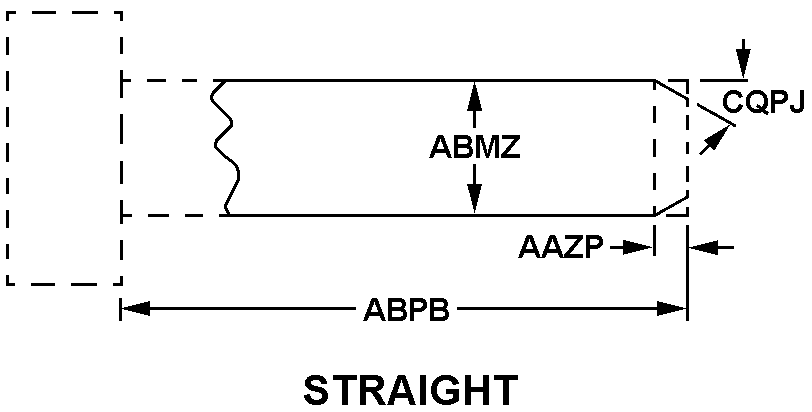
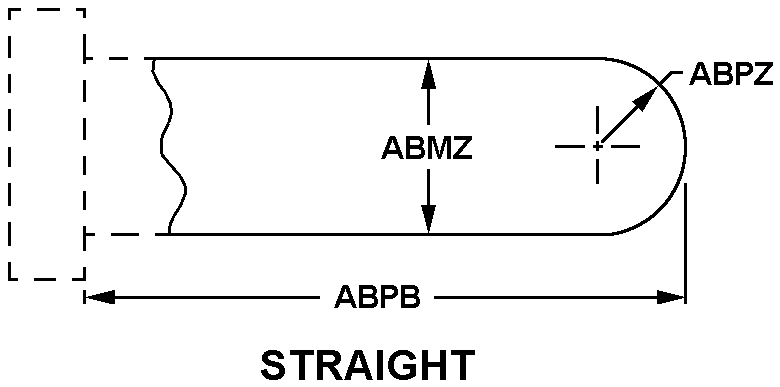
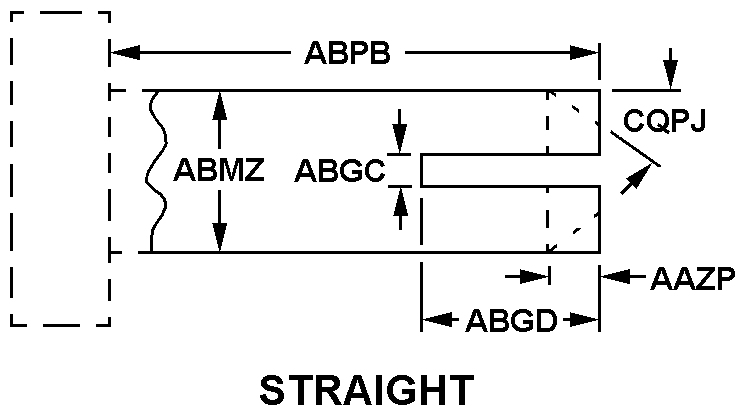
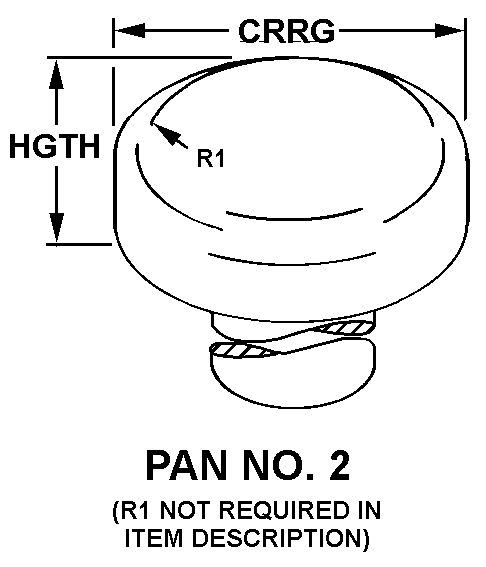
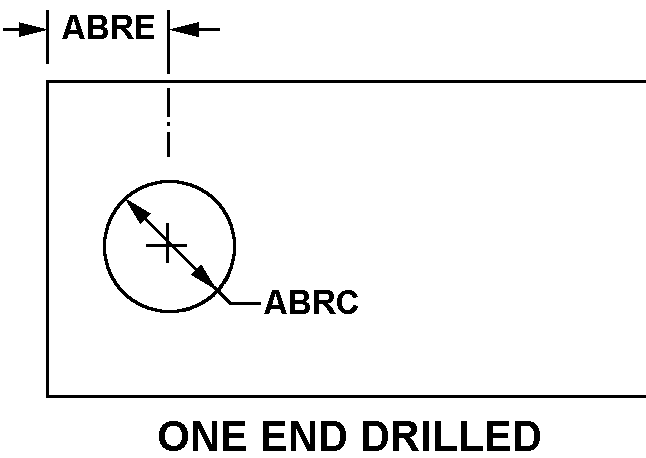
Definition Definition of approved item name (AIN): "PIN,STRAIGHT,HEADED"
A headed, cylindrically-shaped item having a solid shank for fitting into corresponding holes, used for aligning or fastening. It may have welding projections. It also may contain holes drilled perpendicular to axial centerline. Excludes pin, eccentric.
5315-01-491-6867 Material Hazmat, Precious Metals, Criticality, Enviroment, and ESD
Indicates there is no data in the hmirs and the nsn is in a fsc not generally suspected of containing hazardous materials.
Item does not contain precious metal.
No known electrostatic discharge (esd) or electromagnetic interference (emi) sensitivity.
Represents items with no adp components
The item does not have a nuclear hardened feature or any other critical feature such as tolerance, fit restriction or application.
Identification Codes
HMIC: Hazardous Material Indicator Code. A one position code that identifies a hazardous item.
PMIC: Precious Metal Indicator Code. A one position code which identifies items that have precious metals as part of their content. precious metals are those metals generally considered to be uncommon, highly valuable, and relatively superior in certain properties such as resistance to corrosion and electrical conductivity.
ESD: Electrostatic Discharge. Indicates if an item is susceptible to electrostatic discharge or electromagnetic interference damage. electrostatic discharge damage occurs when an accumulation of static electricity generated by the relative motion or separation of materials is released to another item by direct contact. electromagnetic interference damage occurs when an item comes into proximity with an electrostatic or magnetic field.
ENAC: Enviromental Attribute Code. Identifies items with environmentally preferred characteristics.
CRITL: Criticality Indicator Code. Indicates an item is technically critical by tolerance, fit, application, nuclear hardness properties, or other characteristics.






